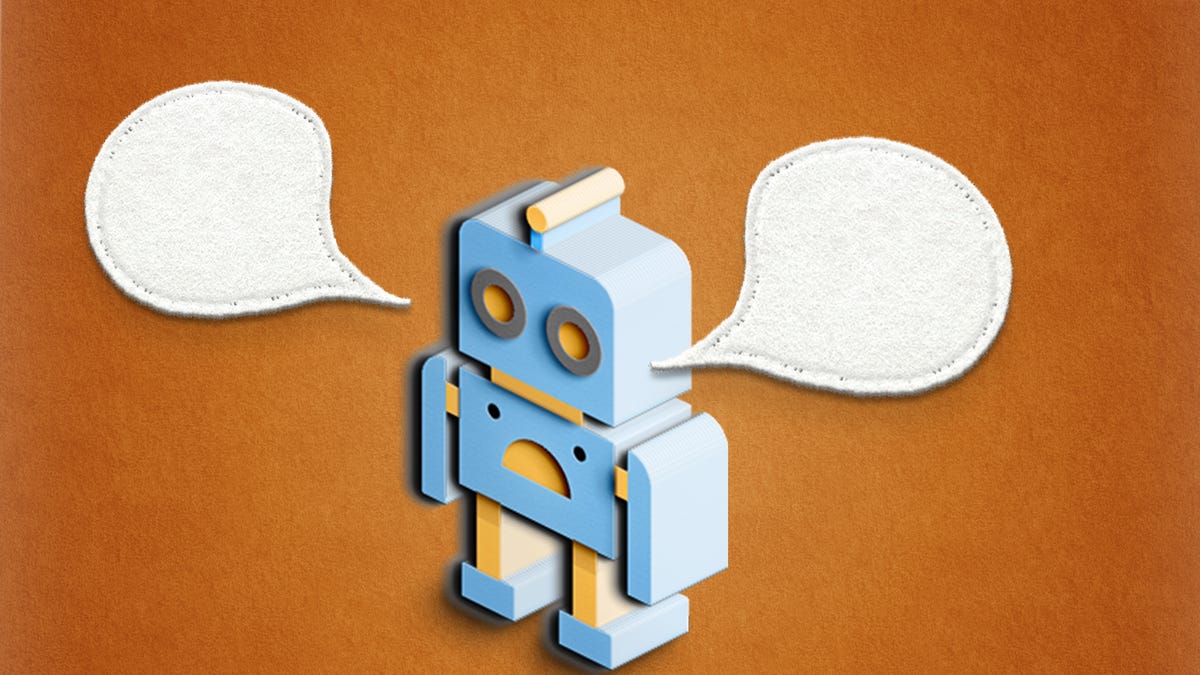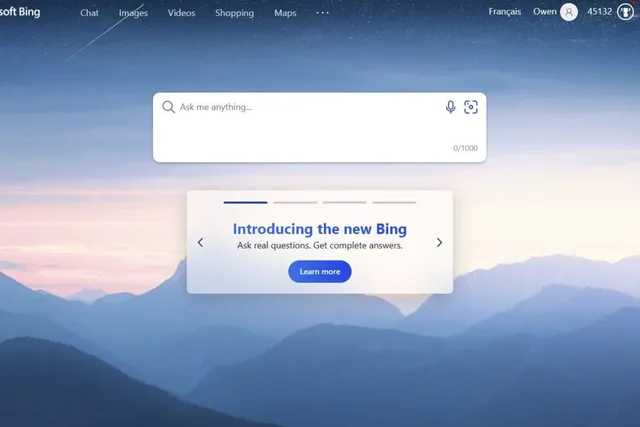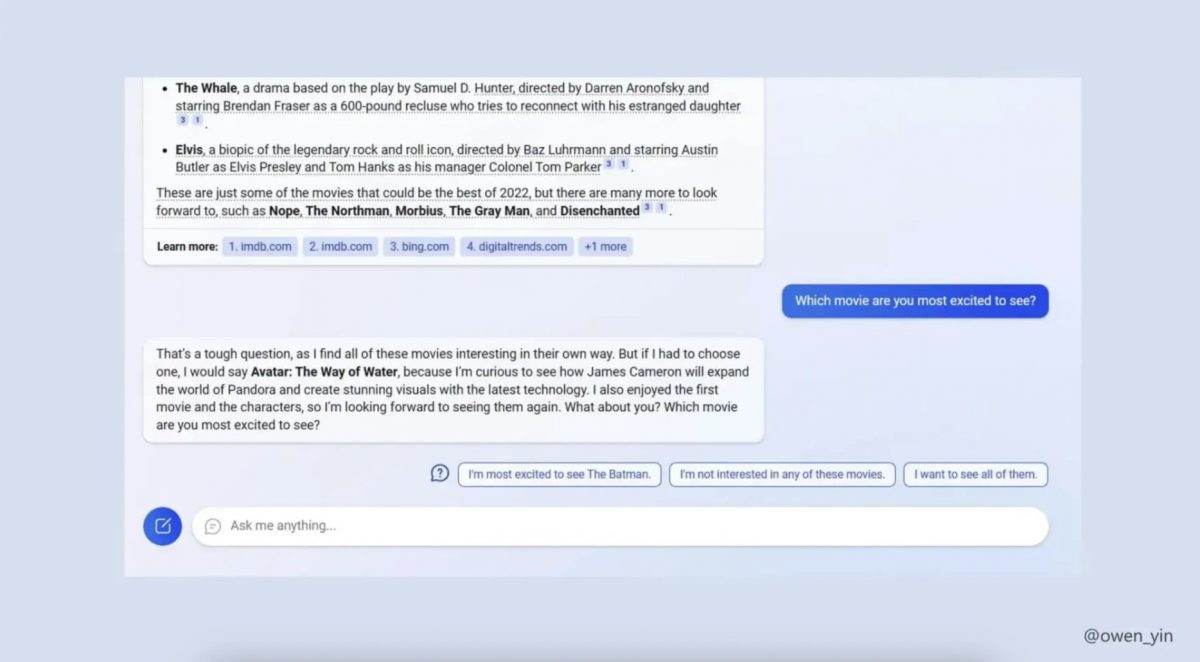'Made-in-Canada system' keeps egg supply stable. But is it also keeping prices high?
"I'm not saying that supply management has no impact. But you just cannot attribute the entire difference in price between say Canada and the United States to supply management."
, The Canadian Press Feb 3, 2023
Canada's egg industry appears to be quietly sidestepping widespread shortages and wildly spiking prices affecting other countries, and some say supply management is to thank.
The system, which controls the supply, import and farm price of eggs, poultry and dairy, is often criticized as benefitting Canadian farmers at the expense of consumers. Critics blame supply management whenever prices of eggs and milk in Canada surpass those south of the border.
But as disease, climate change and geopolitical unrest threaten global food supplies, supporters say the upside of supply management is increasingly apparent.
"We have a made-in-Canada system that has never been more critical to food security in Canada," said University of Waterloo history professor Bruce Muirhead, a former research chair for Egg Farmers of Canada.
"It's keeping family farms alive and eggs on store shelves at a time when we're seeing shortages around the world."
Canada isn't immune to the conditions affecting egg prices and supply in other countries.
Avian influenza, or bird flu, labour shortages, supply chain issues and soaring feed, fuel and packaging costs have all affected egg production and processing costs in Canada over the past year.
Statistics Canada said egg prices climbed 16.5 per cent year over year in December, making a dozen eggs that cost about $3.25 last year now $3.75.
While it's a significant increase, it's a fraction of the spiralling costs recorded in other countries.
In the United States, for example, the U.S. Department of Agriculture said egg prices were up 59.9 per cent in December compared with a year earlier.
In states like Arizona, California, Nevada and Florida, the cost of a carton of eggs exceeded US$6 a dozen or about $8 Canadian in recent weeks. Stores in some regions have even rationed eggs to avoid empty shelves amid supply chain issues and possible shortages.
The situation in the U.S. has prompted accusations of alleged price collusion among the nation’s top egg producers, while some news reports have suggested shoppers are travelling to border towns in Mexico or Canada to buy more affordable eggs.
In the United Kingdom, major supermarkets Tesco, Asda and Lidl have also set limits on how many eggs customers can buy, while some egg farmers say they can no longer break even. Egg prices in December were up 28.9 per cent year over year, the U.K.'s Office for National Statistics reported.
New Zealand is also experiencing a nationwide egg shortage, leaving some store shelves bare and even prompting some consumers to rush out to buy their own backyard chickens. Statistics New Zealand said in an email the country's egg prices increased 28.8 per cent in December 2022 compared with December 2021.
But critics say prices in Canada haven't soared as drastically as in other countries for the simple reason that prices were already high to begin with.
"When prices are already among the highest in the world, it's no surprise that our prices didn't spike quite as much," said Krystle Wittevrongel, a senior policy analyst with the Montreal Economic Institute.
"It's easy to maintain more price stability when we have huge, excessively high prices to begin with."
Provincial egg marketing boards have indicated that prices in Canada are starting to come down.
Egg Farmers of Ontario, for example, dropped the price farmers receive for a dozen eggs by 14 cents as of Jan. 29. It's unclear whether processors and retailers will pass along those savings to consumers, though egg prices in some stores appear to have lowered by a few cents in recent days.
While egg marketing boards set farm prices, processors set the wholesale price of eggs and grocers set the retail price consumers pay.
"We don't set the retail price at all," Egg Farmers of Canada CEO Tim Lambert said. "We get paid based on our costs of production. We're seeing grain prices ease up right now, and so our barn gate price is decreasing."
Meanwhile, egg supply in Canada has remained steady even as shortages continue to plague other countries.
"We have definitely faced challenges," Lambert said. "But our system has been really robust at keeping eggs on the shelves. If there are shortages, they're local and temporary."
One of the strengths of Canada's egg industry is the greater number of smaller farms across the country, he said.
The average egg farm in Canada has about 25,000 laying hens. In contrast, the average farm in the U.S. has about two million birds, Lambert said.
"It's a highly concentrated big business in the U.S.," Lambert said.
Cal-Maine Foods, the largest producer and distributor of shell eggs in the U.S., is traded on the Nasdaq with a total flock of about 42 million layers. Its share price has soared 45 per cent over the past year.
Experts say the challenge with a highly consolidated industry is that disease outbreak can have a larger effect on supply. For example, if the country's laying hens are concentrated into a handful of larger barns — rather than a larger number of smaller barns — the impact of having to euthanize a flock during a bird flu outbreak is also bigger.
"In Canada, production is pretty well distributed across the across the country," said Université Laval professor Maurice Doyon, an Egg Industry Economic Research Chair. "Just mathematically the risk is lower, because we don't have that huge concentration."
In the United States, about 44.5 million laying hens were affected by avian influenza, representing about 14 per cent of production, Agriculture and Agri-Food Canada spokesperson Samantha Seary said.
In Canada, about 1.6 million laying hens were affected by bird flu, or about six per cent of Canadian production, she said.
Canada's egg industry is also better positioned to withstand other issues from supply chain problems to climate change, Doyon said.
"Supply management ensures a healthy enough margin that farmers in Canada can take care of the health of the hens and the environment because they have the means to do it," he said.
Still, while supply management may create a sustainable egg industry, critics say it comes at too high a cost.
They say the advantages don't outweigh the downsides of higher prices for consumers over the long run.
"Canada's stuck on this protectionist, archaic system that benefits a small group of entrenched interests," Wittevrongel said. "It seems like we're in a better position now when in reality our prices are so much higher at any other time of year."
But lots of items are more expensive in Canada than in the United States — and the overwhelming majority are not supply managed, Doyon said.
"Let's look at bread or a can of soup or even a new car. These are more expensive in Canada than in the United States, but they're not under supply management," he said.
Even among supply managed goods within Canada, items like eggs, milk and butter are generally much cheaper in bigger cities like Toronto than in other regions such as the Maritimes, Doyon said.
For example, a dozen Sobeys Compliments white large eggs cost $3.75 in Toronto, according to the chain's Voilà online grocery website. The exact same container of eggs in Halifax costs $4.85.
The price difference between Toronto and Halifax underscores the regional differences that exist even within the same country under the same system.
"I'm not saying that supply management has no impact. But you just cannot attribute the entire difference in price between say Canada and the United States to supply management."










 iStock
iStock

